3 Everyday Things You Can Do To Help Reduce Tartar Buildup On Your Teeth
ShareAfter your last visit to the dentist, you may have been told that you had a lot of tartar built up along your gumline and on the surfaces of your teeth. As a result, you may be wondering what you can do to help decrease the amount that builds up in your mouth. Besides brushing and flossing every day, there are a few everyday things you can do to help reduce the buildup of tartar.
1. Use an Antibacterial Mouthwash Before You Brush Your Teeth
As part of your oral hygiene regimen, you may already use an antibacterial mouthwash to help kill any germs in your mouth that your toothbrush, toothpaste, and floss may have missed. However, just as important as its use, the timing of rinsing with the mouthwash is key and could help.
Instead of waiting until after you brush your teeth, use the mouthwash after you floss but before you brush. When you floss, you will help break up any food particles and tartar found between the teeth and resting on the gums.
At this point, the mouthwash helps to carry away the residue. It also helps to soften the surface of any tartar in your mouth.
When you then go to brush, the bristles will more effectively remove the buildup. While you will not be able to get rid of all of the tartar, you will reduce its thickness and help keep it under control.
2. Replace Your Regular Toothbrush With an Electric One
Another action you can take to help keep the buildup of tartar under control is to switch out your old manual toothbrush for an electric one. When you use a manual brush, the variations in pressure and length of time it is used could cause you to miss spots in your mouth. If you consistently miss certain areas, they will be more likely to develop thicker layers of tartar.
However, if you use an electric toothbrush, it can help to remove tartar and even decrease your overall amount of plaque, which could help to reduce your chances of developing gum disease. Light to moderate pressure should be enough to clean the surfaces of your teeth, the gums, and remove larger pieces of food between your teeth.
3. Eat Crunchy Foods as a Snack or With Your Meals
Your dental hygiene routine is not the only place where you can start doing things to help reduce the amount of buildup on your teeth and gums. You can also make small additions to your diet by eating certain crunchy foods as snacks and with your meals.
Foods such as celery, carrots, and apples have a scraping effect on your teeth when you bite into them. If you chew on a stalk of celery after a meal or eat an apple as a snack, this scraping effect could help to remove excess tartar. If you are unable to brush your teeth right away, this could help clean your teeth of residue and caked-on food that can lead to bacterial growth.
However, if you do eat an apple or other sugary, crunchy food, remember to rinse your mouth with water or mouthwash to remove the sugar. If this is not possible, try to stick to less sugary vegetables such as celery.
Doing little things such as those discussed above can help reduce the amount of tartar that is allowed to build up on your teeth and around your gums. However, they are not meant as a replacement for seeing your dentist. Make sure that you make and keep appointments for professional dental cleanings once or twice a year, depending on which was recommended by your dentist.

